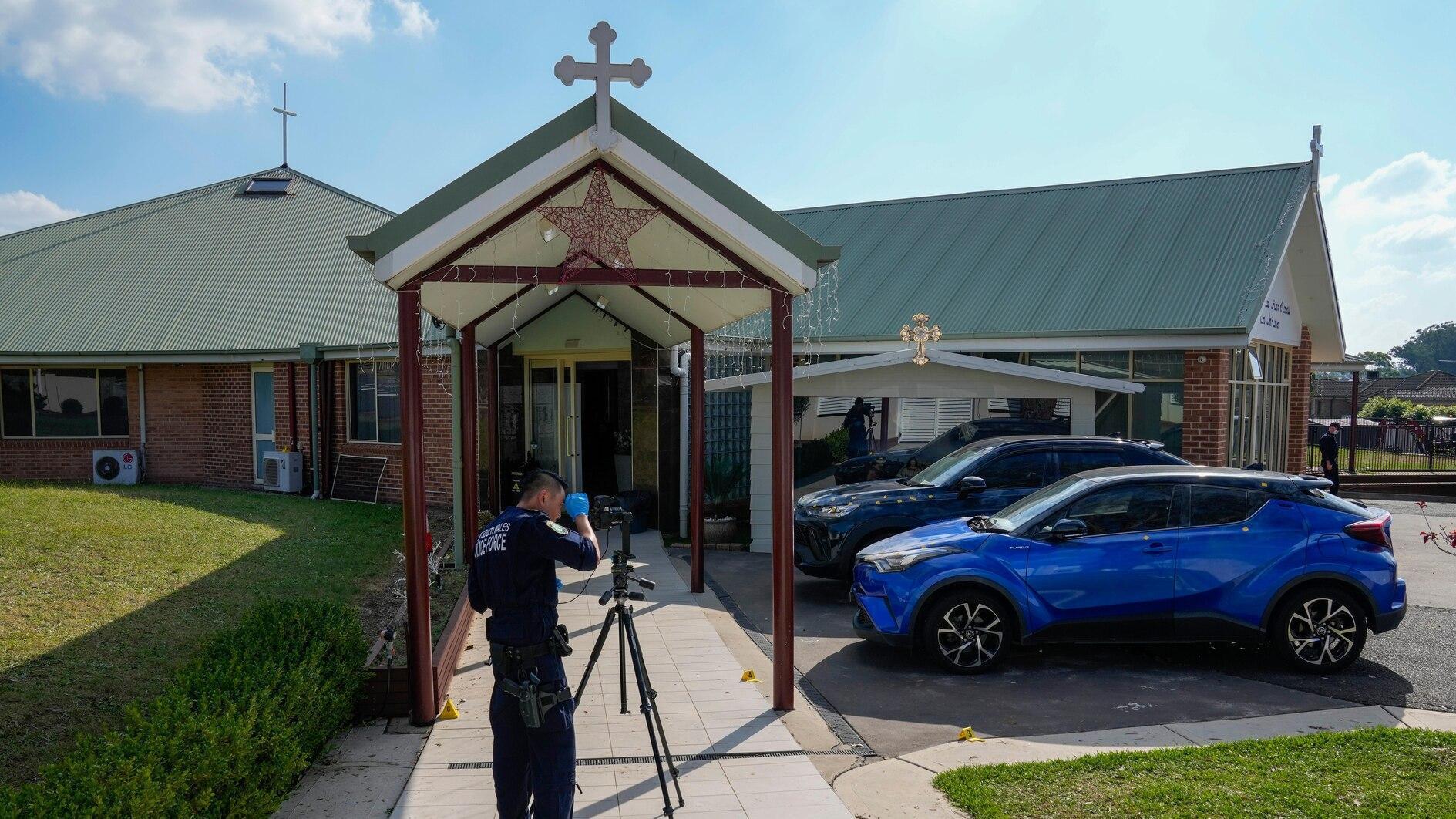Deceived again
The president made a confession during the recent “Justice Council” meeting. “This is a piece of self-criticism. Unfortunately, we lost [control of] The National Judicial Network [UYAP], a very important mechanism, to the Fetöists, who used it mercilessly and sinisterly to achieve their merciless aims. Through it they unleashed the greatest tyranny.”
Recep Tayyip Erdoğan was once the self-declared “prosecutor” in the Ergenekon, Sledgehammer and other highly-charged court cases against the country’s top commanders, nationalists and Kemalists. Now he claims to have been deceived by the Fethullahist Terror Organization (FETÖ).
Who would have thought that under Erdoğan’s leadership the ruling Justice and Development Party (AKP) could lose control of the country’s justice network to an Islamist gang? Let us assume someone made that claim yesterday. What would his or her fate have been? Since 2007 all kinds of people have suffered because of concocted evidence provided to the courts. I have been calling the courts “the center of excellence in concocting evidence.” What was that center? The justice system under the firm and joint control of the government and the FETÖ.
Turkey under the AKP introduced individual application rights with the 2010 constitutional amendment package. Thanks to that mechanism, after serving behind bars for many years without being sentenced, most of the nationalists and Kemalists who fell victim to the post-2007 purge were released from prison. The Constitutional Court ruled that keeping people in prison for such a long period without sentencing them was a clear human rights violation.
A similar process is currently underway. The country’s top court ruled this week that imprisoning journalists Mehmet Altan and Şahin Alpay for over 18 months without a court verdict violated their fundamental rights. What is the Constitutional Court? It is the country’s top court whose verdicts cannot be appealed. Everyone, including the government, the entire state apparatus as well as the lower courts, are obliged to conform to the verdicts of the top court. Yet two Istanbul criminal courts have decided not to release the two journalists until the details of the Constitutional Court’s ruling are published in the Official Gazette. It could take weeks before the publication of the details of the ruling.
The ruling party and its media pen slingers were quick to recall that before he fled abroad former Cumhuriyet editor Can Dündar was released from prison because of a similar top court ruling. Justice Minister Bekir Bozdağ – whose name has been mentioned as a possible prime minister candidate in a government shakeup – was quick to condemn the top court acting as a first-degree court and thereby exceeding its jurisdiction.
Problems within the Turkish judicial system have surfaced once again with the president’s confession and the conflict between the Constitutional Court and the two lower courts.











